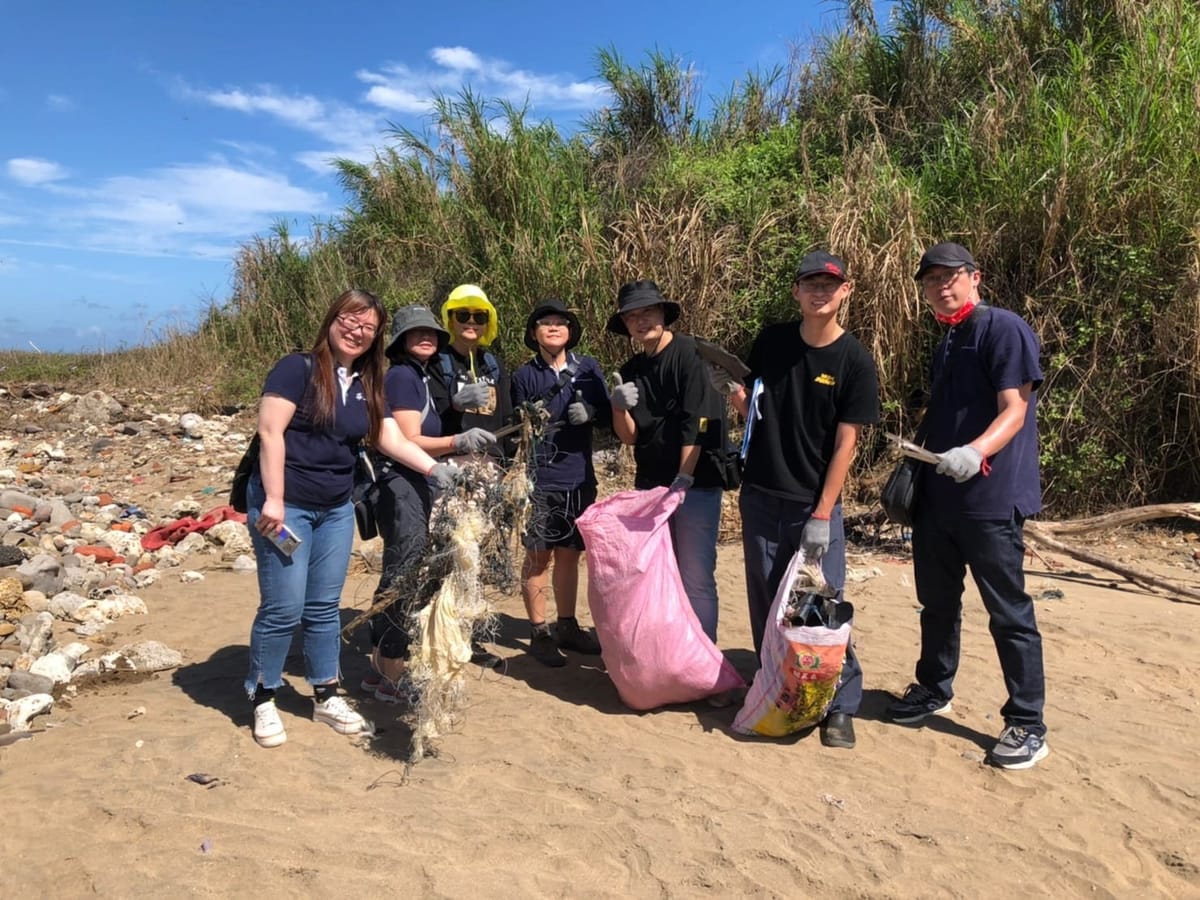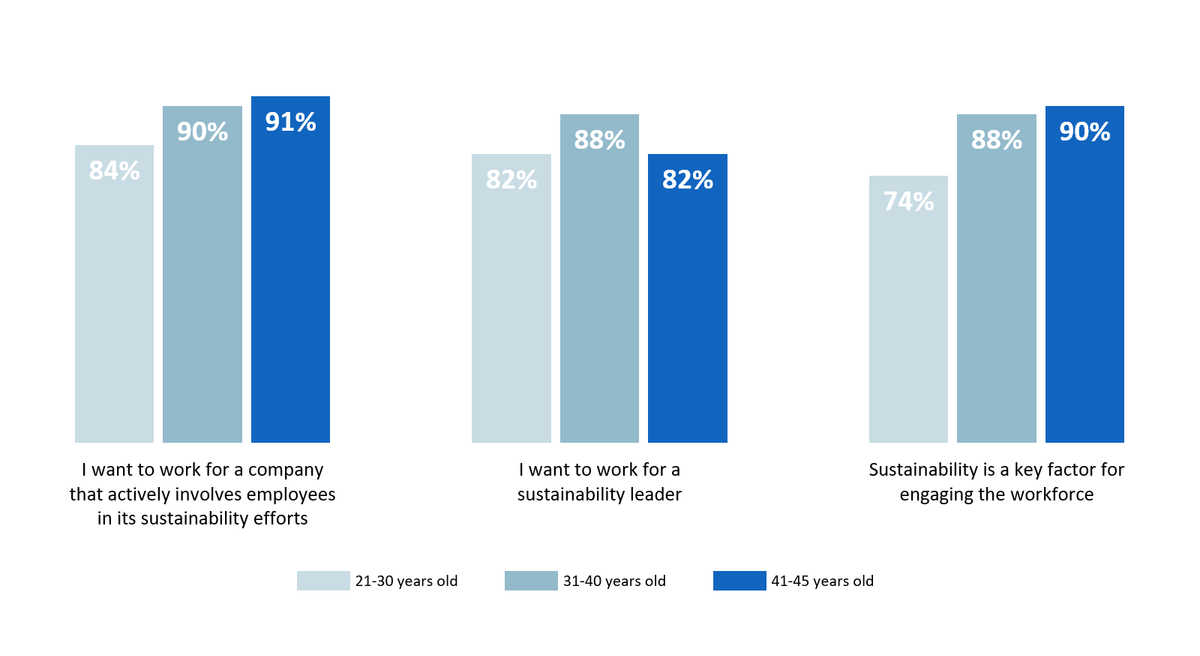Problem: improving employee understanding of sustainability initiatives
Jardine Restaurant Group's commitment to sustainable consumption spans their entire operations from responsible procurement, and sustainable menu design, to waste management initiatives. Regular sustainability workshops are held to educate and support this commitment.
Because JRG designed a robust company-wide sustainability strategy, they wanted to ensure their employees fully understood and internalized the company’s sustainability initiatives to be able to execute these initiatives in their daily work with agency and passion. They needed an engaging way to gauge knowledge retention on these topics while fostering a sense of personal responsibility and empowerment.
![[object Object]](https://umsousercontent.com/lib_fJkRsVFgWFJYAzaG/my1xxplbmiaj6ryl.png?w=260)





